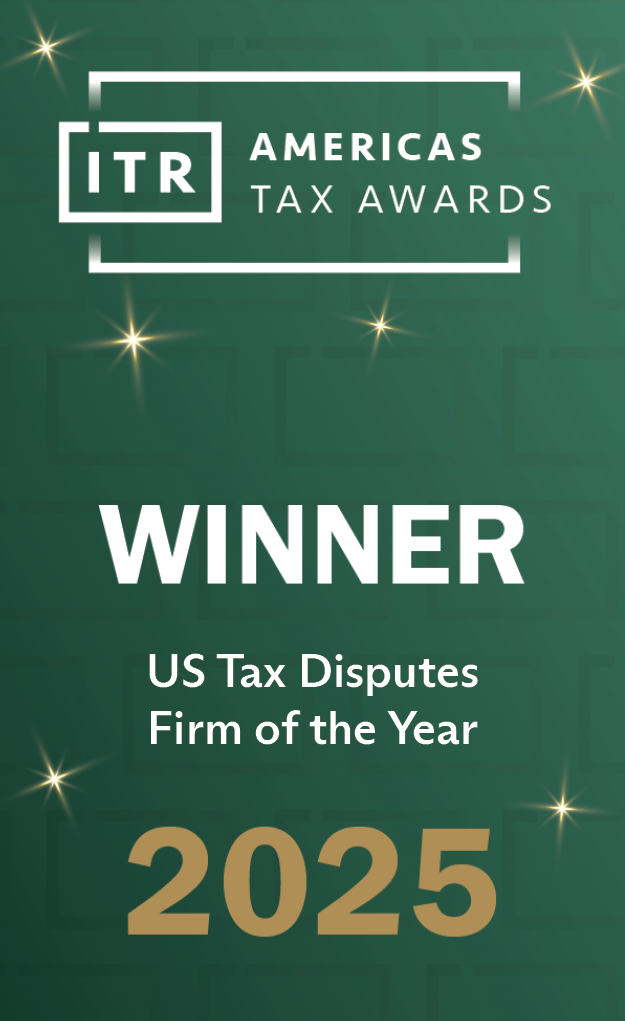The IRS has released new informal guidance (“Questions and Answers”) regarding section 965, containing information on making successive installment payments, filing transfer agreements as a result of certain acceleration or triggering events, and other matters related to S corporation shareholders making the section 965(i) election.
Consistent with prior advice issued by the IRS (see coverage here and here), the Questions and Answers provide that the IRS cannot make a refund or apply as a credit any amount of an installment payment until the entire income tax liability is satisfied (i.e., any overpayments of an installment obligation will be used to satisfy future section 965 installment payments).
The Questions and Answers also provides details on payment obligations with respect to successive installment payments under section 965(h). In particular, the IRS will “make every effort to issue an installment notice and payment voucher” for each successive installment payment, but taxpayers who do not receive a notice may contact the IRS to obtain the amount to be paid.
The Questions and Answers reiterates that transfer agreements will be considered timely filed “only if filed within 30 days of the date that the acceleration event occurs” (i.e., relief is not available under §§ 301.9100-2 or -3 to file a late election).
In addition, S corporation shareholders that previously filed a section 965(i) election may enter into a consent agreement with the IRS within 30 days of the occurrence of the triggering event in order to pay the section 965 net tax liability in eight annual installments. The Questions and Answers clarify that a consent agreement does not take the place of a section 965(h) election, and that S corporation shareholder must also make a section 965(h) election to pay the section 965 net tax liability in eight annual installments. Finally, the Questions and Answers clarifies that the S corporation and the transferor of the S corporation shares remain jointly and severally liable for the section 965 tax liability after making a section 965(h) election to pay in eight annual installments.
read more


 Subscribe
Subscribe




